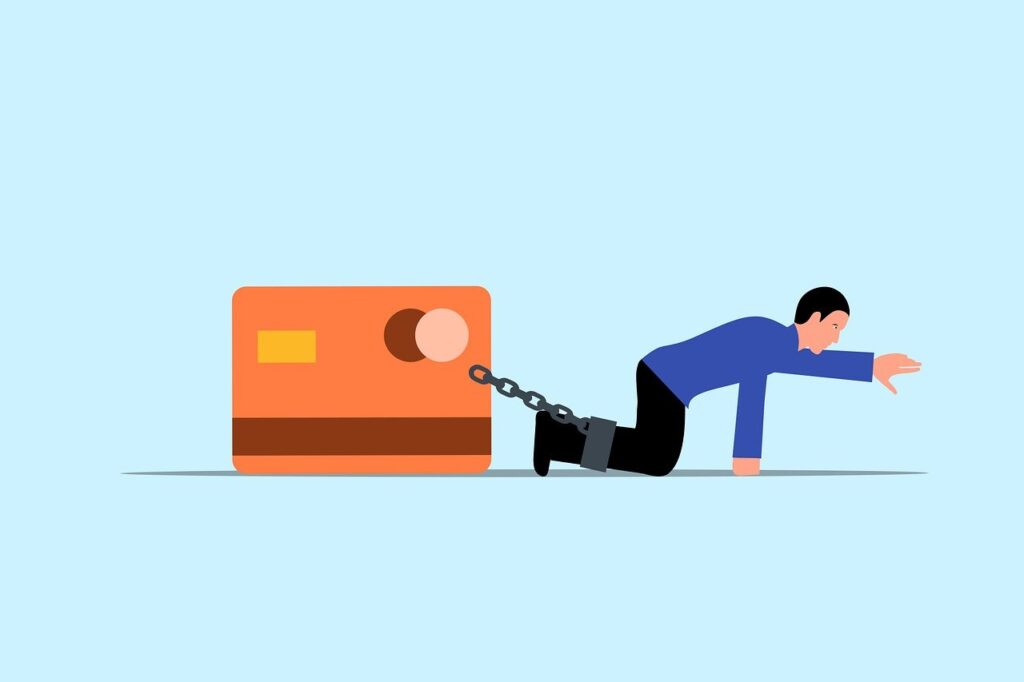If you’ve ever taken a loan or used a credit card, you’ve probably heard of the term “credit score.” This three-digit number is like a report card for your financial discipline. Paying your EMIs and bills on time keeps your score healthy. But even missing just one EMI can drag it down, and the impact may be bigger than you think.
So, does a single slip really matter that much? Let’s break down how one missed EMI affects your credit score and why this “small” mistake can create a big financial headache.
How Much Does One Missed EMI Hurt?
- Delay of 1–7 days: Banks usually ignore such small delays. Your credit score doesn’t take a major hit.
- Delay of 30 days: This is when things get serious. A 30-day default gets recorded in your credit report, and your score can fall by 50 to 100 points.
- Delay of 60–90 days: At this stage, banks and credit bureaus see it as a serious default. Your score drops sharply, and getting a fresh loan becomes much harder.
- More than 90 days: This is the danger zone. Banks can label your loan account as an NPA (Non-Performing Asset). In simple terms, you’ll no longer be seen as a reliable borrower. Not only does your score fall drastically, but banks may refuse future loans altogether.
Why Payment History Matters Most
The biggest factor in your credit score is your payment history, basically, whether you’ve been paying EMIs and bills on time.
If your record is clean, a single delay won’t cause too much damage.
But if you already have a poor track record, another missed EMI can drag your score down fast.
For example:
Missing your EMI by 30 days for the first time could cut your score by about 100 points.
If delays happen repeatedly, the drop could be 150 to 200 points.
Many people see their scores crash from 750 to 600 or below—a level where getting a loan becomes nearly impossible, no matter how good their salary is.

Can You Recover From a Mistake?
Yes, the good news is that your credit score isn’t ruined forever. By getting back on track and paying all EMIs and bills on time, your score will start to climb again.
Usually, after 3–6 months of consistent on-time payments, you’ll see improvement.
What To Do If You Can’t Pay on Time
- If you ever find yourself unable to pay an EMI, don’t ignore it—talk to your bank immediately.
- You may be able to reschedule your loan installments or request a moratorium for a short period.
Also, make sure to clear your credit card bills in full. Paying just the minimum amount might look tempting, but it leads to high interest charges and hurts your score too.
